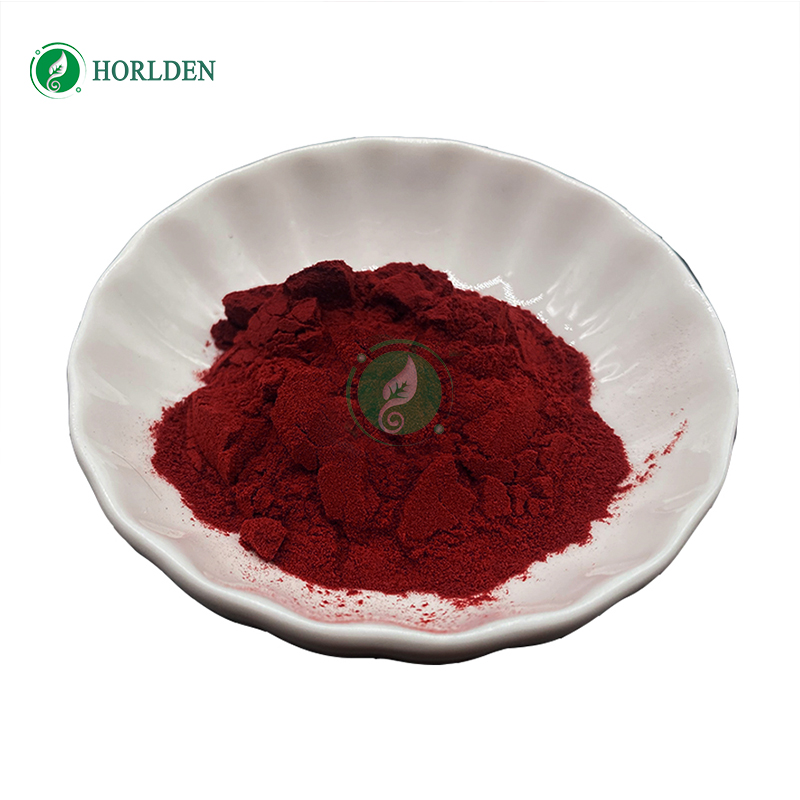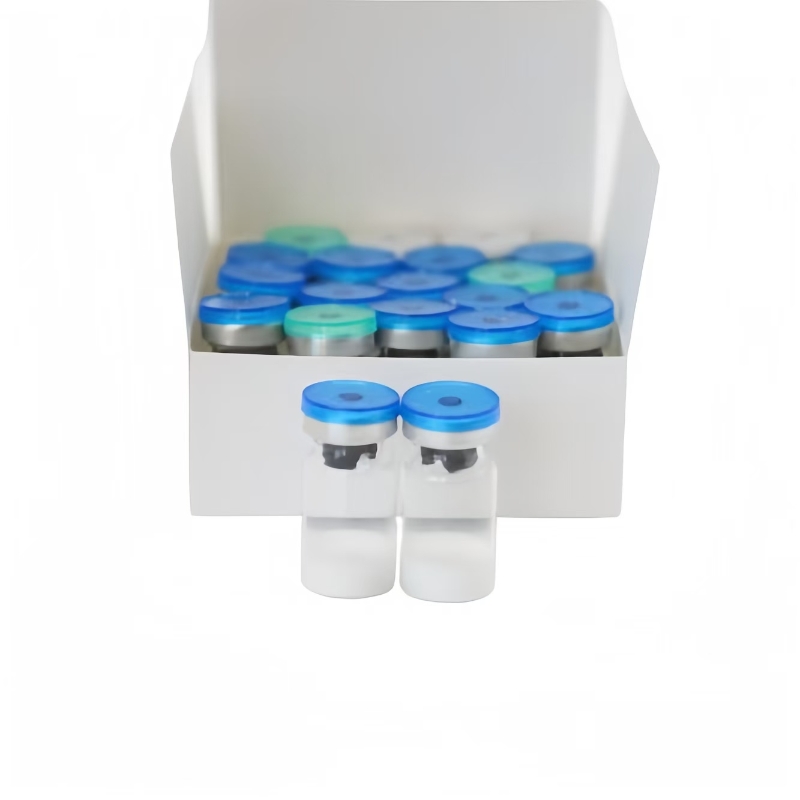-
Categories
-
Pharmaceutical Intermediates
-
Active Pharmaceutical Ingredients
-
Food Additives
- Industrial Coatings
- Agrochemicals
- Dyes and Pigments
- Surfactant
- Flavors and Fragrances
- Chemical Reagents
- Catalyst and Auxiliary
- Natural Products
- Inorganic Chemistry
-
Organic Chemistry
-
Biochemical Engineering
- Analytical Chemistry
-
Cosmetic Ingredient
- Water Treatment Chemical
-
Pharmaceutical Intermediates
Promotion
ECHEMI Mall
Wholesale
Weekly Price
Exhibition
News
-
Trade Service
"Before our research, what we didn't know was if you were exposed to one coronavirus, you could cross-protect between other coronaviruses," said Assistant Professor of Microbial Immunology at Northwestern University Feinberg School of Medicine.
The results of this study were recently published in the "Journal of Clinical Research"
The breakdown of the coronavirus family
The three main families of coronaviruses that cause human diseases are the SABIC virus, including the SARS-cov -1 strain that caused the severe acute respiratory syndrome (SARS) outbreak in 2003, and the SARS-cov-that caused COVID-19.
Vaccines exhibit cross-protective immunity
The study found that antibodies produced by human plasma vaccinated against SARS-CoV-2 have cross-reactivity (providing protection) against SARS-CoV-1 and common cold coronavirus (OC43)
Studies have found that mice exposed to the common cold coronavirus (HCoV-OC43, which is different from the SARS strain) after being vaccinated with the COVID-19 vaccine have partial protection against the common cold, but the intensity of this protection is much lower
Penaloza-MacMaster said: "As long as the coronavirus is more than 70% related, the mice will be protected
Will there be a universal coronavirus vaccine?
The study's authors say, given the differences in each of the coronavirus family, the answer is "probably no"
"Our research helps us re-evaluate the concept of a universal coronavirus vaccine," Penaloza-MacMaster said
In this study, Penaloza-MacMaster collaborated with Northwestern Medical Doctor Igor Koralnik (Director of Feinberg Neuroinfectious Diseases and Global Neurology) and Lavanya Visvabharathy (Postdoctoral Assistant of Feinberg Neurology Research) to evaluate the acceptance of SARS-CoV- 2 Immune response of people receiving vaccines and COVID-19 patients admitted to Northwest Memorial Hospital
"We found that these people developed an antibody response that neutralized HCoV-OC43, a common cold coronavirus," Penaloza-MacMaster said
Years of HIV research led the team to this discovery
Before the COVID-19 pandemic, Penaloza-MacMaster had been researching HIV vaccines for ten years
Penaloza-MacMaster said: "One of the reasons we don't have an effective HIV vaccine is that it is difficult to develop cross-reactive antibodies
The first authors of this study are Tanushree Dangi and Nicole Palacio from Penaloza-McMaster Laboratories
Journal Reference :
Tanushree Dangi, Nicole Palacio, Sarah Sanchez, Mincheol Park, Jake Class, Lavanya Visvabharathy, Thomas Ciucci, Igor J.







